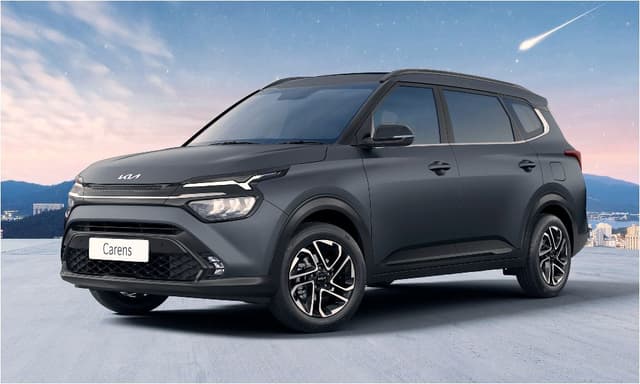Panasonic's Tech Powers Vehicle-To-Everything Tests In Utah

Highlights
- The technology is dependent on 5.9GHz radios in vehicles
- V2X systems are said to enable cars to talk to a centralised system
- It's still at nascent stage but in 5 years 5 million US cars will have it
In the American state of Utah, some of the most hazardous roads are getting a new smart connected car technology which will enable more safety. Vehicle-to-everything or V2X communications tech is being deployed on the most dangerous roads so that automobiles connect and communicate with each other and the outside world. This technology entails a centralised system which will enable a layer of communication with a vehicle sharing details like speed, location, were the wipers on or off, the status of the anti-lock brakes, anti-skid mechanisms and outside ambient temperatures.
All this information is meshed with information from other vehicles in a particular area and then processed using AI technologies allowing for the authorities to zero in on real-time approaching accident scenes, dangerous weather, hazardous road conditions, and even erratic driving of an impaired or aggressive driver.

The tech helps authorities to zero in on real-time approaching accident scenes, dangerous weather, hazardous road conditions
Utah's department of transport engineer, Blaine Leonard, has claimed that the agency has launched a 5-year plan to test V2X systems in the state with over 80 roadside radio stations that can receive and transmit data from cars that have 5.9GHz radio transmitters. In the state, the bandwidth has been reserved for road safety purposes.
"The real key is the long-term plan to improve safety on our roads," Leonard said. "This is a technology that is unique in that while we're still waiting for coming autonomous vehicles, V2X is here now, usable now and ready to give us a benefit," he said explaining the advantages of the technology over autonomous vehicles in an interview to the Deseret News.
Interestingly, the Utah department of transportation has partnered with the Japanese electronics giant, Panasonic. Panasonic is also Tesla's 51 per cent partner in its Gigafactory.

As the technology is dependent on the 5.9GHz frequency, only a handful of vehicles in the US have V2X compatibility
Panasonic is mostly focussed on V2X communications platform that enables to collate the data from the vehicles. "Today when a car crashes on the highway because of an aggressive move or poor conditions, somebody has to call 911," said Panasonic's VP Chris Armstrong said.
" We know in Utah that can be as long as 10-15 minutes before traffic operations is notified and can react. If they get notified in a second, they can reroute traffic, help with the emergency response time. When you know what's happening fast you can take action and alert people fast," he added.
As the technology is dependent on the 5.9GHz frequency, Armstrong revealed that only a handful of vehicles in the US have V2X compatibility. That, however, is set to change in the US with the Alliance for Automotive Innovation making a commitment for deploying at least 5 million V2X radios over the next 5-years.
Source: Deseret
Last Updated on August 24, 2020













